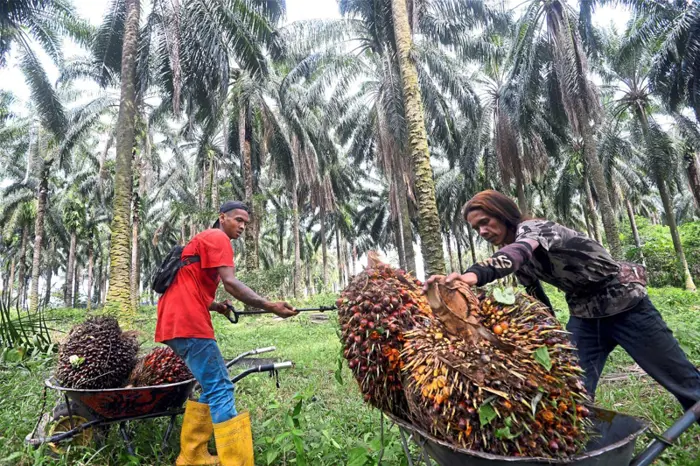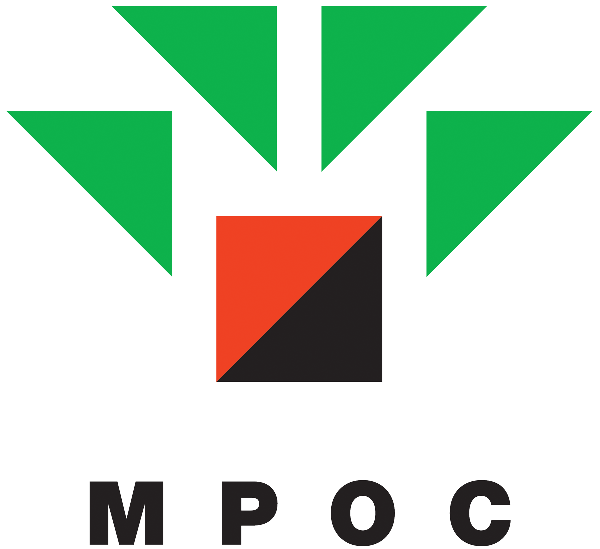
Indonesian exports of crude palm oil and its derivatives surged in the first half of 2025.
Indonesian exports of crude palm oil (CPO) and its derivatives surged by 24.81% year-on-year in the first half of 2025, according to official statistics reported by the Jakarta Globe.
The increase was due to the country unlocking greater market access to the European Union (EU), the 1 August report said.
The exports were worth a total of US$11.43bn, up from US$9.16bn the previous year, according to Central Statistics Agency (BPS) data.
The world’s largest palm oil producer had shipped around 11M tonnes of palm oil over the six-month period, a year-on-year increase of 2.69%, the Jakarta Globe wrote.
Indonesia had been selling its palm oil at an average price of $1,053.03/tonne from June, a 22.21% year-on-year increase compared to US$861.65/tonne in the first six months of 2024, the report said.
“In June 2025 alone, our exports of CPO and derivatives reached US$2.53bn. This marked a 36.95% rise from May 2025,” Pudji Ismartini, a deputy at BPS, was quoted as saying at a news conference in Jakarta.
The agency did not identify Indonesia’s top palm oil buyers.
Indonesia’s surplus in non-oil and gas trade totalled US$28.31bn in the first half of 2025, with about US$15.74bn from the trade of animal or vegetable fats and oils. CPO falls within this group. The category also made up a major share of the country’s positive trade balance.
Published on 1 August, the latest trade figures came after the government announced the EU had relaxed its position on Indonesian palm oil despite the bloc’s deforestation concerns, the report said.
According to senior minister Airlangga Hartarto, the EU has agreed to eliminate its tariffs on Indonesian palm oil as part of an upcoming trade pact which, once in force, would allow Indonesia to export 1M tonnes/year of CPO each year at zero tariff. Any palm oil export beyond the limit would potentially be subject to a higher tariff of around 3%. The quota for palm kernel oil (PKO) would depend on the previous year’s exports.
The Comprehensive Economic Partnership Agreement (CEPA) was likely to take effect by the end of 2026 after a series of ratification processes, the report said.
Source: Oils & Fats International





